Published
- 06:00 am
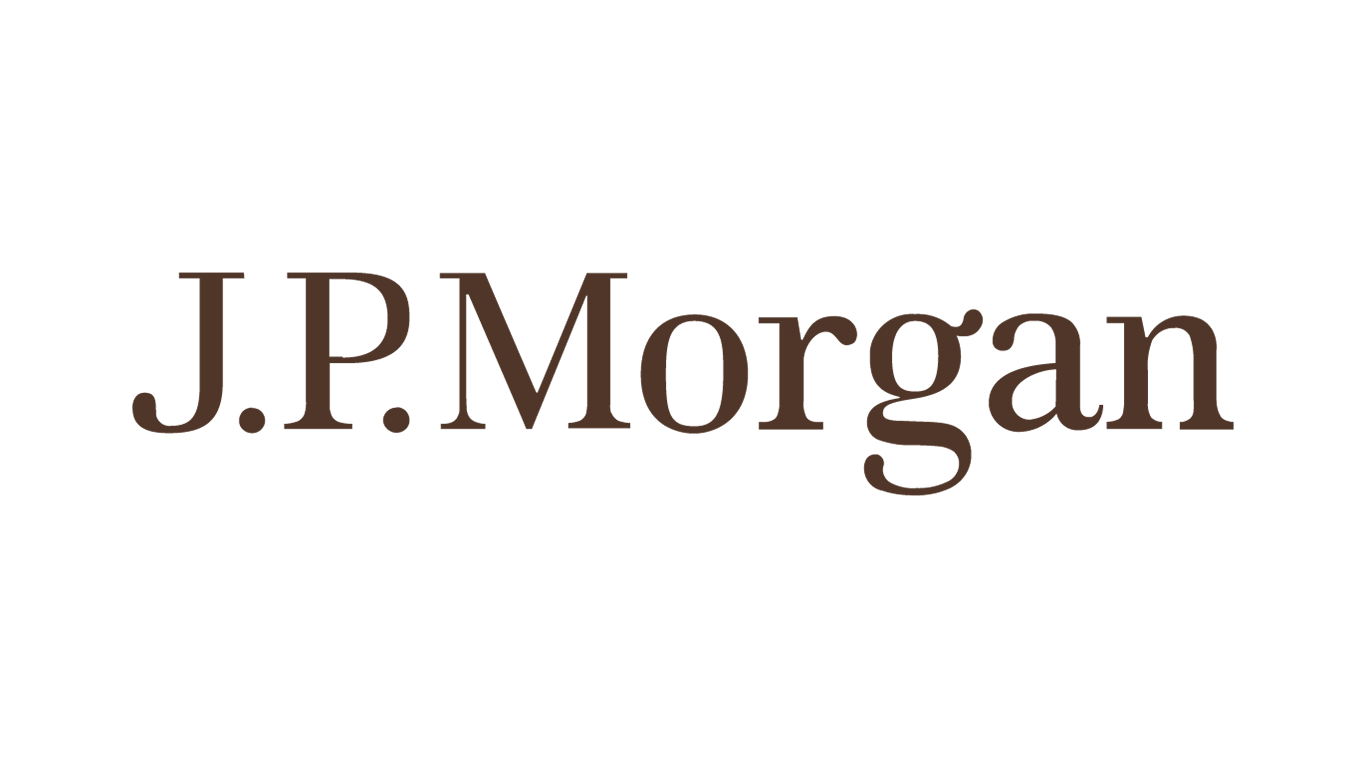
JP Morgan has unveiled its Payments Partner Network, a B2B digital marketplace, powered by Salesforce, that allows the bank's merchants and corporate treasury clients to tap into an ecosystem of third-party integrations for their end-to-end payments and working capital needs.
The searchable ‘one-stop shop’ will help clients to discover, search and learn about a range of relevant third-party partners that are integrated with the JP Morgan Payments platform.
The network includes technology, software and hardware companies across the payments and treasury services value chain. Featured integrations include treasury management systems, enterprise resource planning software providers, point-of-sale hardware, payment gateways, and accounts payable automation technology.
The network is currently in beta with a subset of payments product integrations, with more to be added over time.
Jason Tiede, global head, corporate development and partnerships, JP Morgan, says: "JP Morgan has one of the largest payments ecosystems in the world, with hundreds of third party integrations spanning virtually every industry and use case.
"The Partner Network will make it easier for clients to efficiently discover and assess the best product partners to suit their needs."
Related News
- 02:00 am
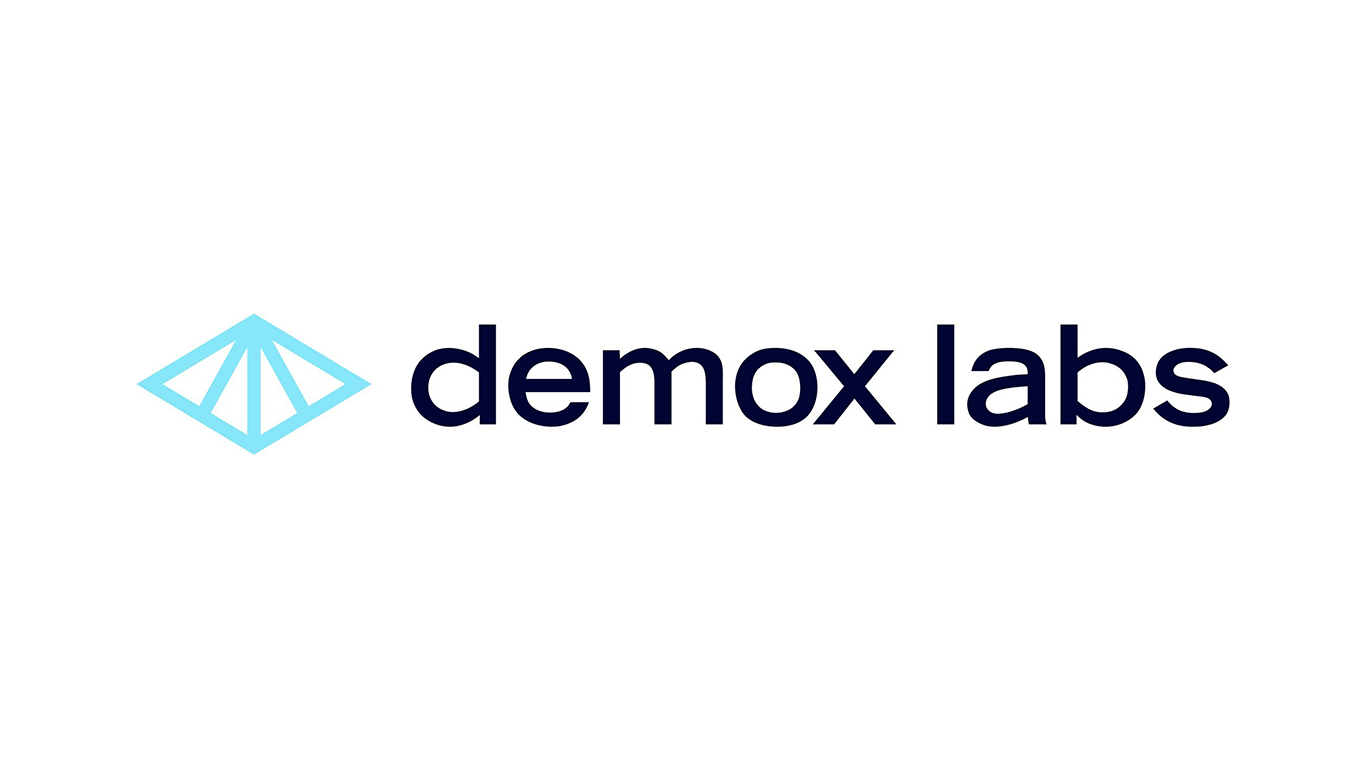
Demox Labs, a pioneer in the creation of zero-knowledge technology, today announced it has raised a $4.5 million pre-seed funding round and debuted Leo Wallet, a first-of-its-kind privacy-focused cryptocurrency wallet for use with the Aleo blockchain. The funding round was led by HackVC with participation from DCVC, Amplify Partners, Coinbase Ventures, CRV, OpenSea, and CSquared. The funding will be used to support the creation of zero-knowledge blockchain infrastructure for enterprises, deploy privacy-based frameworks for innovative developers, and advance Leo Wallet’s privacy technology and interoperability with other blockchains.
Zero-knowledge proofs (ZKP) allow a piece of information to be verified as true without revealing the information itself through the use of complex encryption. The applications of this technology include digital identity protection, privacy-preserving transactions, shielded transactions, global compliance, and ownership verification.
“Personal privacy and sovereignty are cornerstones to any democracy. Today, citizens across the world are losing their privacy in order to comply with necessary laws and regulations. Moreover, modern technologies require personalization but this personalization has come with the cost of sacrificing personal privacy. Leo Wallet is just one example of how ZKP will empower individuals to use modern technologies and maintain legal and regulatory compliance without sacrificing personal privacy,” said Barron Caster, CEO and co-founder of Demox Labs. “We’re eager to bring this much-needed level of privacy to blockchain infrastructure, starting with Leo Wallet. Sharing sensitive data will soon become an option, not a requirement, and businesses in highly regulated industries will be able to innovate while maintaining the privacy of their customers.”
Leo Wallet was built from the ground up for zero-knowledge blockchains and had more than 40,000 customers signed up on the waitlist when it was made available for download and use on the Aleo blockchain. Users now have the ability to generate ZKPs directly in their browsers which guarantees complete confidentiality and empowers developers to create innovative, privacy-first programs.
The $4.5 million funding round will be used to further Demox Labs’ mission to increase control and protection of sensitive information through the use of ZKPs. This includes the support of Leo Wallet and its compatibility with other privacy-focused blockchains, creating new privacy frameworks for developers, and supporting the development of zero-knowledge technology for enterprises. A portion of the round was funded by notable investors in the crypto and blockchain industries including Santiago Santos, Sriram Krishnan, Ryan Selkis, OpenSea, Space Whale, and venture decentralized autonomous organizations (DAOs): HoneyDAO and AngelDAO.
“The introduction of blockchain technology and popular cryptocurrencies ushered in a new era of financial independence and now ZKP-based technology and infrastructure will push consumers and companies into a new era of information privacy. The technology being developed today by Demox Labs makes them one of the first to recognize the importance of privacy and act on the capabilities of ZKP for both the public and enterprises.” said Ed Roman, managing director of HackVC. “As the need for protection and privacy in the digital era increases, ZKPs will become a more significant technology across many domains. Our investment will enable Demox Labs’ continued growth as a leader in privacy-preserving blockchain technology development and infrastructure.”
Demox Labs’ work to expand ZKP infrastructure and the Leo Wallet unlocks access to an unmatched level of privacy for users of this emerging technology. By improving privacy and security, ZKP technology will increase trust between individuals and institutions which can unlock new levels of economic activity. Leo Wallet was created to initially integrate with Aleo Blockchain, which plans to launch its mainnet later this year. Demox Labs plans to scale Leo Wallet over the coming months for use with other zero-knowledge blockchains.
Related News
- 09:00 am
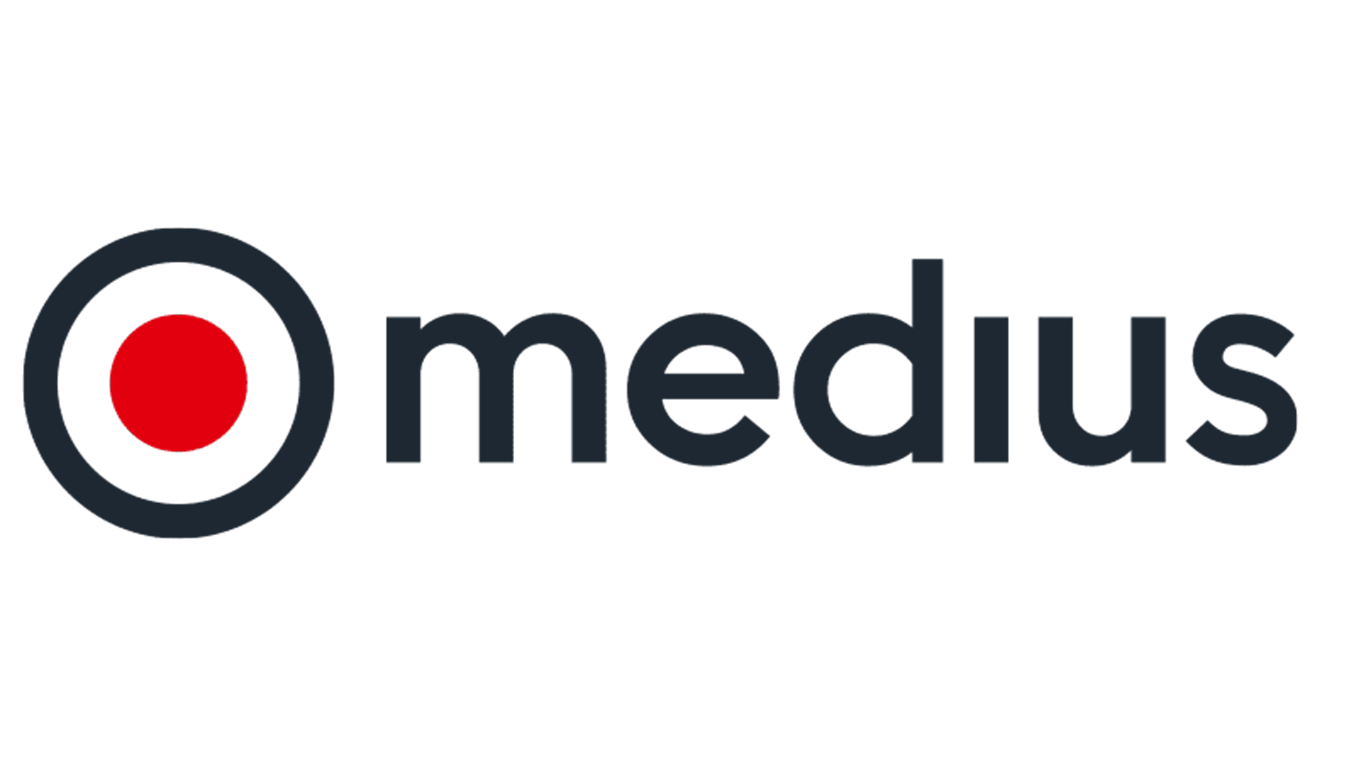
Brits think white-collar criminals have an easy ride in the UK, with fraudsters not being brought to justice. In fact, 59 per cent believe that if they were to report an incident of white-collar crime to the police or a relevant body, nothing would be done about it.
These findings come from spend management leader Medius, who ran a recent poll of 2,000 adults, looking at attitudes and knowledge around white-collar crime, as 31 per cent felt they had seen a rise in fraudulent activity in the past 12 months.
A lack of understanding
With fraud rising, 44% admit they wouldn’t know how to report a white-collar crime, or know who to give the information to if they were a victim.
Furthermore, 69% think there is a lack of understanding about what a white-collar crime actually entails. This lack of understanding poses a huge risk for businesses, as they are left vulnerable and exposed to ignorance about fraud and open to human error as fraudsters try to infiltrate businesses.
A breakdown of fraud
Fraudsters are also getting innovative with the ways they approach their subjects, but there are some common patterns that businesses should look out for.
The most common type of fraud seen by respondents are scam emails (74 per cent) followed by scam phone calls (68 per cent) and scam texts (57 per cent). And of these forms of fraudulent contact, 51 per cent have been asked to make a payment, and four in 10 were asked about their bank details. Another 38 per cent were asked to pay an invoice or bill, while just over one in 20 (six per cent) were asked to divulge sensitive company information.
What can businesses do?
In the current economic climate, fraudsters have become opportunists and are using honey-potting tactics to entice end users. It is often left down to businesses to train their employees to look out for such communication from scammers, and flag it accordingly.
But, the study found that people who use emails or messaging at work are more likely to simply delete the email, than report it.
A spokesperson from software company Medius, which commissioned the research, said: “The best way to tackle white-collar crime is through prevention. For business owners, ensuring staff are trained up to spot fraudulent activity can be worth its weight in gold, and save huge headaches. The judicial system isn’t set up to deal with fraud, and for businesses there is huge amounts of money at stake.”
The majority of respondents (59 per cent) believe that if they were to report an incident of white-collar crime to the police or a relevant body, nothing would be done about it. Furthermore, a huge 86 per cent of adults would like to see more white collar criminals held accountable for their crimes. And 28 per cent would like to see sentences ‘much longer’ than what they normally are.
AI changing the dynamic
Generative AI has made its presence felt in the last 6 months, with Chat GPT, and BARD becoming household names. But nearly half (48 per cent) worry that the increased use of AI, along with a reduction in human involvement, will lead to more issues with fraud in future.
A spokesperson from software company Medius, added: “AI is having an impact on almost all areas of life, and we’re really only at the beginning of what those issues could be. From the entertainment industry to journalism to the justice system, everyone is scrambling to keep up.”
“AI could be a hugely powerful tool for criminals, so it’s important workplaces stay on top of the latest developments and make sure staff are up to date as well.”
Related News
- 08:00 am
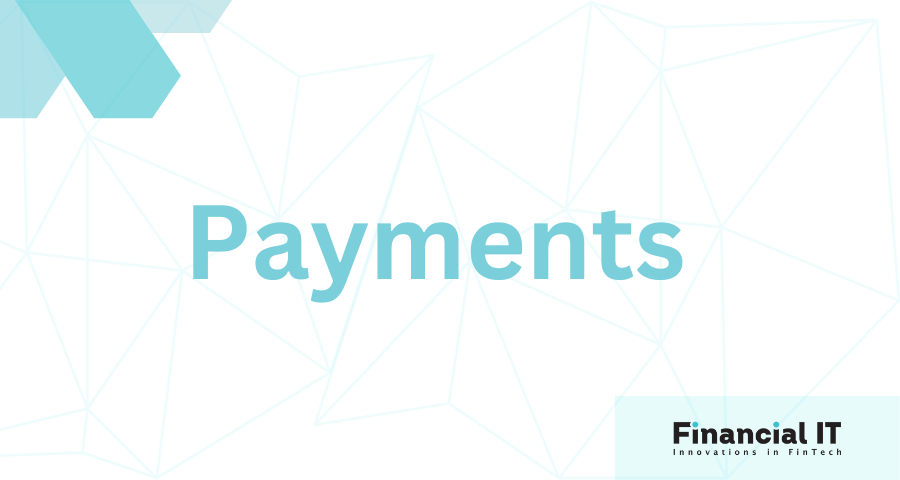
With many East Asian countries including China making travel restrictions a thing of the past in 2023, global tourism is expected to spike, and Europe is expecting an influx of visitors.
Chinese travellers have historically been strong spenders when in Europe, as well as across the rest of the world. European retailers have so far benefitted from this spending, however many still lack the critical tools to properly cater for it – a familiar payment system.
Blast from the past
In 2019, according to data from the UN World Tourism Organisation (UNWTO) 155 million Chinese tourists travelled abroad, spending a total of $255 billion, far more than the next biggest spenders. Overall international travel had been trending upwards to that point, and expenditure had also risen each year from 2014 to 2018, only slightly dropping in the year before the pandemic.
However, during the pandemic, the UNWTO reported that Chinese outbound travel fell to just 20.3 million trips in 2020, and none at all in 2021. However, leaving COVID-19 behind, Alipay data shows that Chinese tourists’ average spending in Europe when using the platform doubled in Q1 2023, compared with the same period in 2019 – demonstrating that Chinese tourism is coming back with strong momentum.
The size of China’s population plays a role here, however the will of its people to travel is the larger driver. 43% of people in China aim to spend their next holiday abroad, according to a McKinsey study from January 2021 – a sentiment that is likely to have grown since. What’s more, a similar ING study last November showed that 42% were eager to travel in the near future.
Although it’s common for tourists to initially want to stay close to home, France was one of the top five destinations, and signs for the rest of Europe are strong too, with tourism already nearing pre-COVID-19 levels.
Harnessing an opportunity
Change and unfamiliarity are inevitable when travelling abroad, particularly over long distances, and this is one of the big appeals of exploring different parts of the world. However, we all wish could keep the way we pay as familiar as possible. From the Chinese and broader East Asian perspective, the different payments landscape in Europe means they are unable to use the digital payments solutions, such as e-wallets, that many use every day. This is a big consideration for digital-native Asian tourists, and many will prefer to travel to destinations where they know they can pay seamlessly.
In Europe, Asian e-wallets are not broadly accepted, leaving a huge opportunity for merchants to attract Asian customers by differentiating themselves from competitors. To achieve this, they will have to partner with the right payments provider that will enable them to offer payment methods tailored to the Chinese consumer, unlocking increased spending and footfall. In addition to this, the ability to offer familiar and trusted names will further propel businesses into favour with the new wave of visitors from around Asia.
Considering this, retailers can get ahead even further by providing a service that is accessible both online at home as well as in-store overseas, to be prominent in consumers’ minds before travelling and after they’ve returned. The built-in marketing options which are part this kind of service mean that retailers can directly connect with customers to give them a slick online shopping journey in addition to in-person retail, and ensure that the potential for sales lasts a lot longer than in traditional sales funnels. Asian shoppers, for example, are more likely to engage with things like discount codes and personalised ads.
All in all, merchants need to think outside of what is ‘traditional’ and consider what will entice consumers, granting them access to a wider and more international customer base. With Asian travellers keen to return to Europe, getting ahead of the game and ensuring your business is able to facilitate a smooth payments journey will pay off.
Related News
- 06:00 am
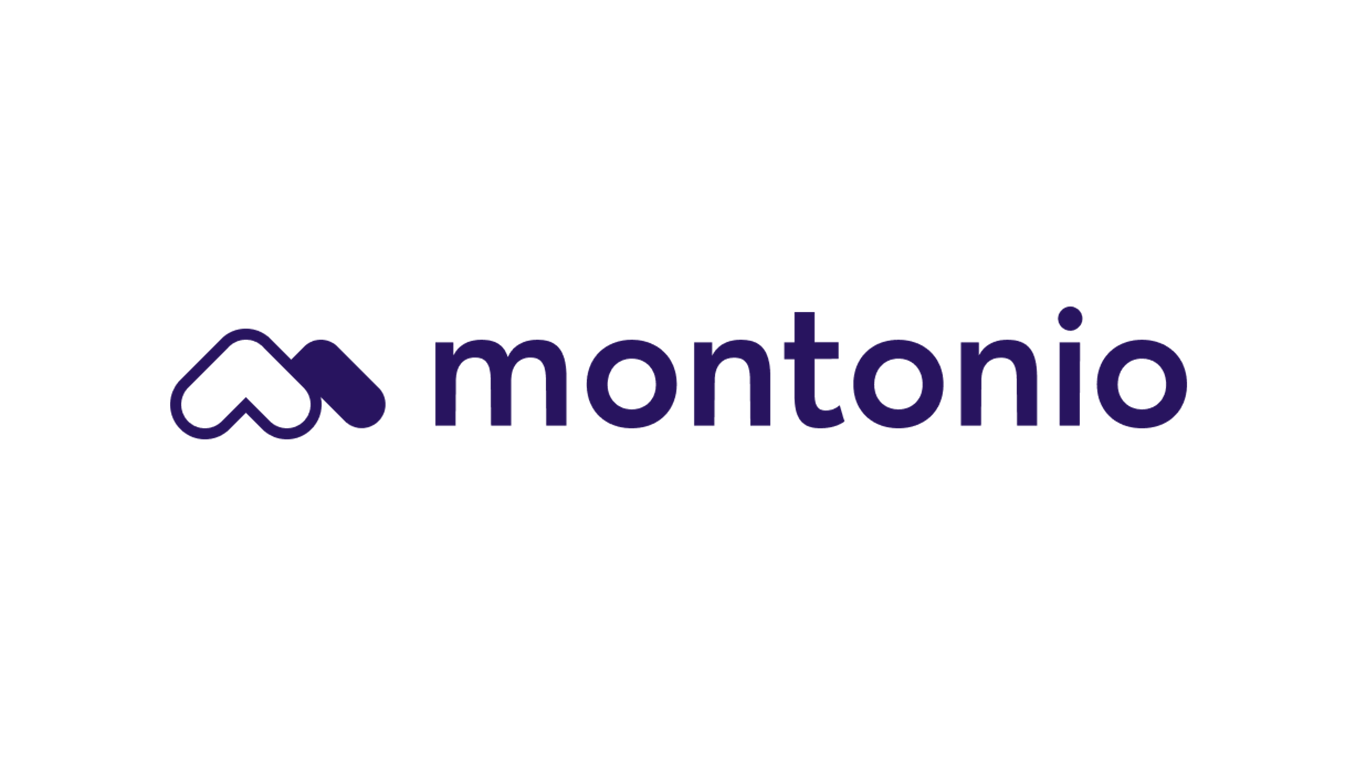
Montonio, the Estonian fintech innovator, has received an extension to their existing Payment Institution License from the Bank of Lithuania, empowering the company to hold clients’ funds and provide additional payment services. This license extension paves the way for Montonio to innovate its platform further and bolster its offerings to merchants across Europe.
Alongside this, Montonio is growing its customer base in Poland with the introduction of BLIK, Apple Pay, and Google Pay to its platform. This addition supports Polish merchants’ business growth and positions Montonio as a key player in the fintech industry.
Markus Lember, Co-founder and CEO of Montonio commented, “This is a milestone for Montonio. The extension of our license and the introduction of new payment methods in Poland represents a considerable expansion of our capabilities. We are excited about the future and look forward to introducing more features that make the lives of merchants easier and help them grow their businesses.”
The license extension process was as rigorous as a regular application. The Bank of Lithuania evaluated Montonio’s shareholder reputation, management, internal control systems, compliance with AML regulations, information security, business model sustainability, and risk management systems. It was a lengthy process with substantial documentation, internal resources, and expertise.
Montonio stands strong as one of the few companies to receive a license or extended licence over the past year, signifying the company’s trustworthiness and commitment to high operational standards.
With the extended license, Montonio can explore wider product development possibilities. Notably, their automatic refunds solution is currently in its testing phase with select merchants. Early feedback is encouraging, and Montonio plans to roll out this feature soon. Additionally, Montonio is enriching its payment solutions in Poland. By integrating BLIK, Apple Pay, and Google Pay, the company enhances convenience for merchants and customers, providing multiple secure payment options to match the evolving preferences in the country’s growing e-commerce market. This development reinforces Montonio’s commitment to providing affordable and secure payment options to a broader customer base.
Karel Nappus, Montonio’s COO, expressed, “We believe in democratising access to low-cost payment solutions. With the extension of our license and the addition of new payment methods, we are reaching even more customers and assisting our merchants in exploring new markets confidently.”
With a forward-thinking approach, Montonio is optimally positioned to facilitate secure and seamless transactions while empowering merchants with innovative, cost-effective payment solutions. As the Polish payments market continues to grow, Montonio remains committed to supporting this growth through cutting-edge fintech services.
Related News
- 04:00 am
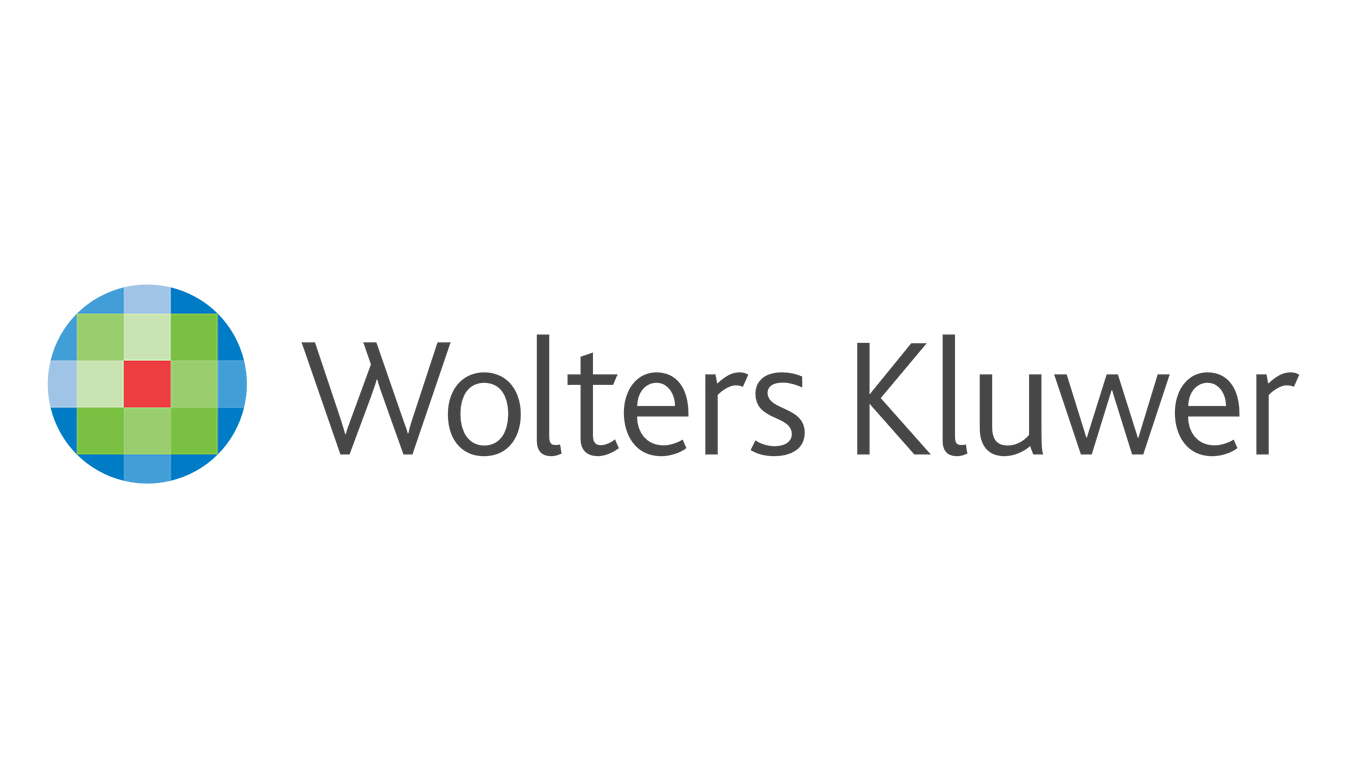
Wolters Kluwer CCH Tagetik, a leading global provider of information, software and services, and DFGE (Institute for Energy, Ecology and Economy GmbH), are collaborating to help DACH businesses drive the digital transformation of their ESG performance and reporting, in preparation for 2024 Corporate Sustainability Directive (CSRD) requirements.
“As a leading sustainability intelligence provider, DFGE has supported life cycle assessments, sustainability calculations and corporate social responsibility (CSR) strategies for companies for more than two decades,” Wolters Kluwer said in a statement. DFGE reportedly chose to collaborate with Wolters Kluwer CCH Tagetik i2n recognition of the solution’s proven track record for digitally enabling companies to gain visibility into, connect, and analyze enterprise-wide data in a way that helps them better manage complex global requirements, drive growth, and navigate change.”
Through this new, strategic collaboration, DFGE will support and guide customers in helping them define their ESG strategy and calculation frameworks. DFGE will also utilize the new CCH Tagetik ESG & Sustainability Performance Management solution to accelerate its clients’ efforts to collect, report, and analyze their ESG data. This new, audit-friendly CCH Tagetik solution captures, consolidates, and facilitates the reporting of ESG data and operational key performance indicators (KPIs), as required by an increasing number of global governing bodies, including CSRD. By combining DFGE’s ESG strategy and consulting expertise with the cloud-based technology expertise of CCH Tagetik, the two companies will provide a holistic approach to supporting the long-term, sustainable growth of their shared clients.
Jörg Plass, DACH Director of Operations, at Wolters Kluwer CCH Tagetik, said: "Just like quality financial reporting, quality ESG reporting requires a huge volume of datasets, from disparate businesses, divisions and functions, to be collected in a way that allows them to be reported, analyzed, and audited for accuracy. C-suite leaders are quickly recognizing that spreadsheets and isolated solutions no longer suffice for larger organizations that are committed to ESG. Through this strategic collaboration with DFGE, we will mutually support customers in digitally transforming their ESG performance and reporting efforts – so they can leverage sustainability as a strategic advantage.”
Dr.-Ing. Thomas Fleissner, Founder and Managing Director of DFGE, added: "Providing transparency into ESG practices is no longer an option, it’s a necessity for large companies to remain competitive and relevant in today’s business landscape. The path to holistic, transparent, strategic ESG management and reporting is complex. Above all, it is important to have comprehensive ESG strategies and valid calculations so that advanced technologies like CCH Tagetik can help businesses cut through that complexity, mitigate risk, and comply with the ever-changing regulatory environment, while identifying new opportunities to advance their journeys as good corporate citizens.”
Founded in 1999 as a spin-off of the Technical University of Munich, DFGE - Institute for Energy, Ecology and Economy - offers consulting services in the field of sustainability. The institute’s "Sustainability Intelligence" offering includes calculation management, reporting solutions as well as strategy development and aims to bundle the effort of participating in multiple sustainability/CSR standards and rankings such as the Carbon Disclosure Project (CDP), United Nations Global Compact (UNGC), Dow Jones Sustainability Index (DJSI), EcoVadis or the Global Reporting Initiative (GRI) and to develop overarching strategies such as a sustainability strategy in line with the Sustainable Development Goals (SDGs).
The collaboration news follows from Wolters Kluwer’s announcement earlier this week that it has entered into a strategic partnership with LTIMindtree, a global technology consulting and digital solutions company. This partnership provides LTIMindtree’s global clients with access to the CCH Tagetik Corporate Performance Management (CPM) solution, which supports and accelerates the digital transformation of financial operations through a unified platform.
The award-winning CCH Tagetik solution provides an intuitive interface, built-in financial intelligence and automated workflows that go beyond traditional CPM solutions, empowering finance teams across industries to complete everyday financial processes, swiftly, so that teams can focus on strategic goals. It also helps users adhere to major financial regulations and simplify compliance processes, as well as improving productivity and reduce financial close cycle time, allowing users to make faster and better-informed financial decisions.
Related News
- 03:00 am
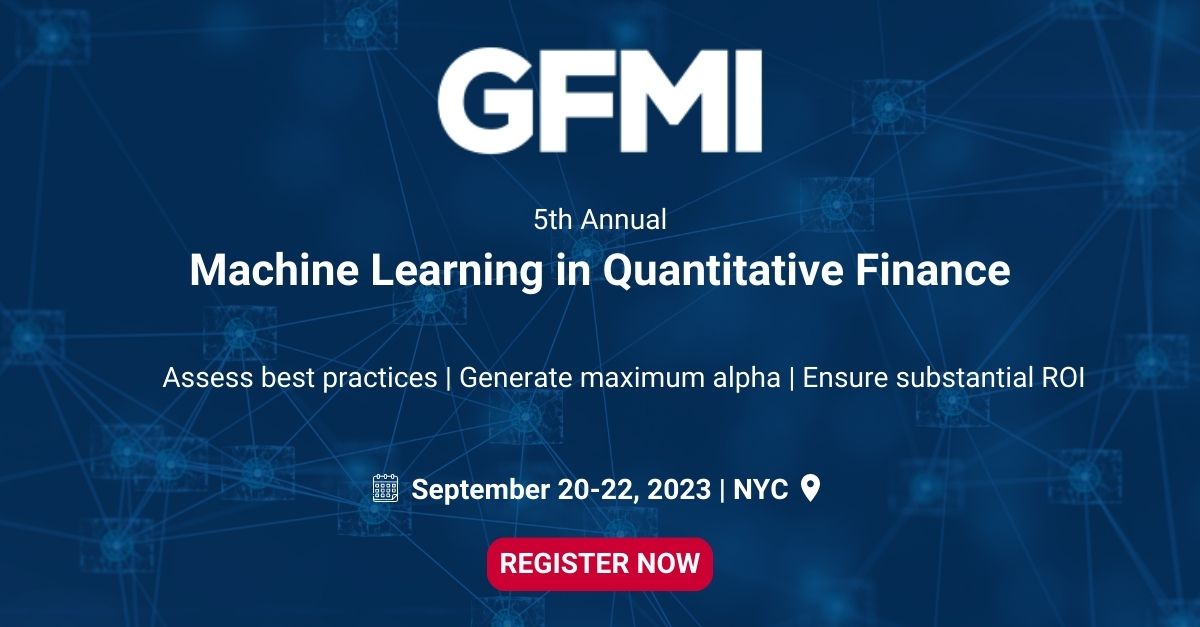
Global Financial Markets Intelligence (GFMI) is pleased to announce the 5th Annual Machine Learning in Quantitative Finance Conference, scheduled to take place in New York from September 20 to September 22, 2023. The conference will bring together leading experts and professionals from the financial industry to explore the latest trends, strategies, and applications of machine learning in quantitative finance.
The conference will feature an extensive agenda filled with keynote speeches, panel discussions, case studies, and workshops, providing attendees with a comprehensive understanding of the power of machine learning in transforming the field of quantitative finance.
Day 1 of the conference, September 20, will commence with registration and breakfast at 8:30 AM, followed by the opening address from the Chair at 9:00 AM. The opening keynote session titled "Harness the Power of NLP to Create a Competitive Business Advantage" will feature Yuyu Fan, Senior Data Scientist at Alliance Bernstein, who will showcase successful natural language processing (NLP) implementations in finance and provide guidance for selecting the right NLP tools and techniques.
Throughout the day, attendees will have the opportunity to participate in panel discussions and case studies focusing on topics such as managing the limitations of NLP, leveraging ChatGPT and generative AI, advancements in explainability and interpretability, and more. Industry experts from renowned organizations including Deutsche Bank, T Rowe Price, Windhaven Investments, State Street Global Advisors, and Principal Asset Management will share their insights and experiences, fostering meaningful discussions on the latest trends and challenges in the field.
Day 2, September 21, will continue the exploration of machine learning applications in quantitative finance. Keynote speeches by Caio Natividade, Managing Director at Deutsche Bank, and Ganchi Zhang, Director of QIS Research at Deutsche Bank, will provide valuable insights into the value of alternative data and its applications in quantitative strategies. Attendees can expect workshops and case studies on topics such as combining traditional quant strategies with machine learning, data-driven venture capital investing, and the future of human quants in an increasingly machine learning-driven landscape.
The final day of the conference, September 22, will offer two engaging workshops focusing on the practical applications of language models and sentiment analysis in quantitative finance, as well as the impact of the macroeconomic environment on machine learning implementation.
GFMI's 5th Annual Machine Learning in Quantitative Finance Conference is a must-attend event for professionals seeking to stay ahead of the curve in the rapidly evolving world of quantitative finance. Attendees will gain valuable insights, network with industry leaders, and discover innovative strategies to leverage machine learning for enhanced decision-making and competitive advantage.
To register for the conference or learn more about the event, please visit the official conference website.
Related News
- 09:00 am
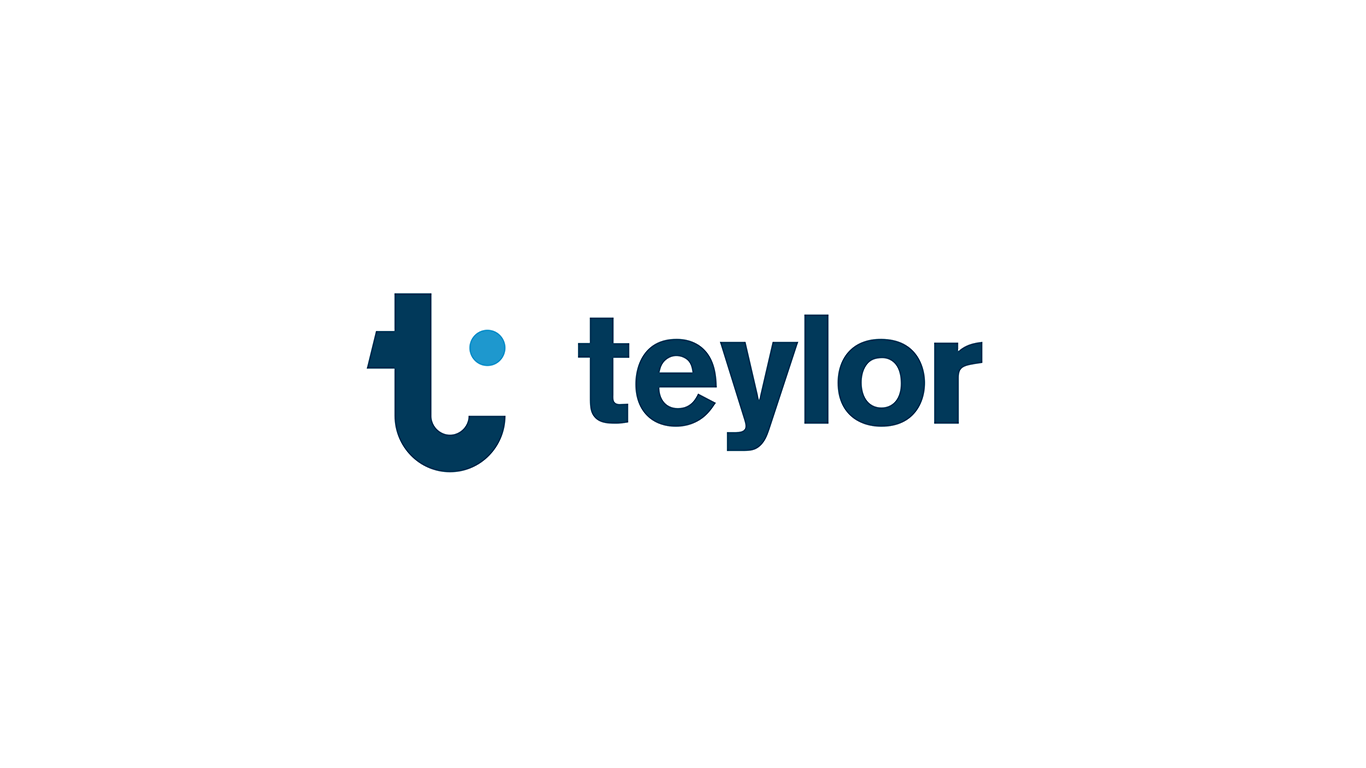
Teylor, Barclays, M&G Investments and other investors have closed one of the largest fundraisings in the European private debt market for alternative lenders and the fintech industry so far in 2023. The €275m in fresh capital will enable Teylor to continue its rapid growth and allow the company to meet the financing needs of SMEs with a variety of debt products via the Teylor credit platform. This landmark DACH fundraising transaction was closed despite the turbulent macroeconomic backdrop and uncertainty in capital markets which demonstrates the strength of the Teylor platform, team and technology.
Huy Nguyen, Head of Private Debt at Teylor, says: „Having Barclays and M&G Investments as strategic partners for Teylor brings our platform to the next level and proves Teylor’s leading market position. The capital enables us to provide flexible and long-term financing solutions to strong SMEs in a time where capital has become less accessible.”
Teylor’s mission is to provide European SMEs better access to credit. According to the latest EY Global SME survey, SME decision-makers consider fast access to credit as one of their biggest needs, making fast and flexible alternative lending a key opportunity for competitive differentiation. Teylor’s position as a leading credit platform in the DACH region provides Barclays the opportunity to have an impact on SMEs outside of its UK home market.
Gordon Beck, Head of European Corporate & Sustainable Securitisation at Barclays, says, „SMEs require a reliable platform to satisfy financing needs with limited bureaucratic hurdles and efficient deal execution. We are pleased to expand our financing footprint within this sector in Continental Europe and support Teylor as one of the companies driving the transformation of SME lending through digitisation.”
M&G Investments is an active global investor in structured credit as well as private debt and this transaction has increased its footprint in SME direct lending in Europe. SME’s demand for non-bank financing is increasing as alternative lenders and private debt funds often provide greater flexibility.
Alexis Dussault, Portfolio Manager at M&G Investments, says, „We believe that Teylor is in a good position to help fill the funding gap that SMEs are facing in Continental Europe, thanks to their knowledge of local markets, advanced technology and a strong leadership. M&G are happy to support Teylor in their ambitious development.”
Since inception in 2018, Teylor has built a unique platform providing fast and flexible financing to SME borrowers in Germany. Teylor’s self-built technology platform is used directly to finance SMEs in Germany. Additionally, Teylor licenses the technology platform to more than a dozen financial institutions throughout Europe. Teylor’s proprietary platform for deal origination, credit risk assessment and private debt has allowed it to process more than €3bn of SME debt in the past three years.
Patrick Stäuble, CEO and Founder at Teylor, says, „SMEs, financial institutions and investors need a single platform that simplifies all credit processes. We have seen this digital revolution happen in B2C which was driven by today's fintech giants. The next fintech revolution will be in B2B and will be driven by companies like Teylor. With the support of our investors, we will change how credit is provided in modern economies.”
Related News
- 04:00 am
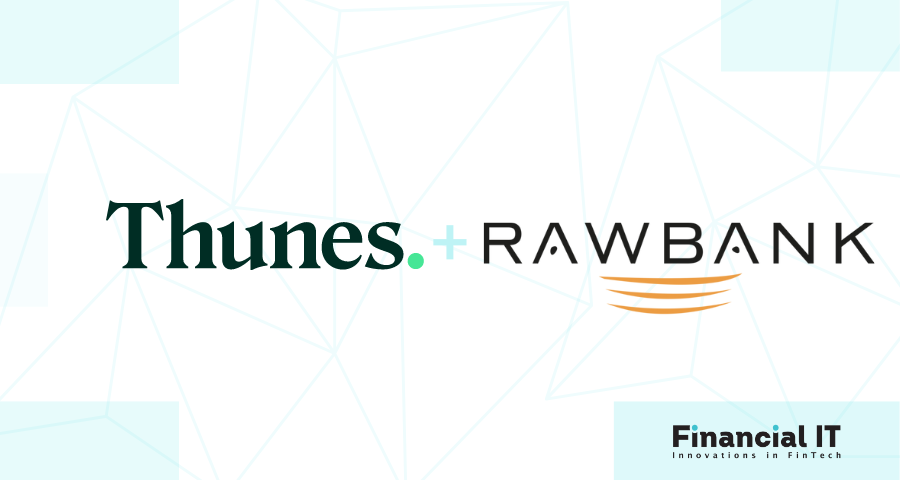
Global cross-border payment infrastructure company Thunes and Rawbank, the leading bank in the Democratic Republic of Congo (DRC), today announced a partnership to facilitate cross-border transaction flows between the DRC and the rest of the world through illicocash. By partnering with Thunes, Rawbank now becomes the first financial institution in the DRC to enable outbound and inbound cross-border mobile money transfers via its illicocash mobile wallet.
"Given the DRC's heavily underbanked population and high mobile penetration rate, this new service is a crucial development," said Rawbank Fintech Director Karim Nouri. "High fees, slow speeds and unreliability often plague existing cross-border mobile money transfer methods in the DRC. Now, a family in Kinshasa will be able to easily send funds in real-time to their child studying overseas through the illicocash mobile wallet, and the student can receive his funds instantly."
The integration with illicocash also enables Thunes' network partners to pay seamlessly into the DRC, thus adding a new direct connection to a previously hard-to-reach market. Customers of Thunes' network partners worldwide can now move money instantly and securely to their beneficiaries in the DRC via the illicocash mobile wallet, with upfront transparency on cost and confirmation of arrival.
"Being the first institution to enable inbound and outbound mobile transactions through illicocash is an important milestone for us," Nouri said. "Many Congolese living, working or studying overseas rely on funds from loved ones back home, and we are delighted that Thunes is powering this service for us. We look forward to expanding our solutions through Thunes' global network and connecting our users to the world."
Additionally, Rawbank plans to launch new services for its corporate customers to facilitate international business payments later in the year by leveraging Thunes' network. The value of imports of goods and services in the DRC has doubled in the past 10 years, according to the World Bank; improving the payment of trade invoices is a key push for Rawbank.
"Our partnership with Rawbank powers the first mobile wallet in the DRC to send and receive funds globally, marking a significant milestone for beneficiaries who rely on such money transfer services to finance their daily lives. We are pleased to take yet another step towards our long-term objective of improving access to the world's fastest-growing economies," said Sandra Yao, Thunes Senior Vice President (Africa).
Related News
- 02:00 am

Shape Technologies today launches its dynamic payments-platform-as-a-service (“PPaaS"), offering its fully customisable platform to payment service providers (“PSPs”) the world over.
A technology provider to the payments community, Shape's mission is to get payments businesses to market quicker. Launching with its first six modules, the PPaaS provider is designed to power merchant-facing interfaces for any payments business, including acquirers; payment facilitators; payment gateways; independent sales organisations; and many more. In the eternal struggle that is buy vs build / capex vs opex, Shape offers an alternative like no other: true, user-friendly white-labelling made possible in a few simple clicks and at a fraction of the price of a self-build. And with its extensive range of customisation options, with Shape no two platforms need ever look the same. It's white-labelling and then some.
The platform's modular architecture enables its licensees to select any combination of its products, which when operated together provide the infrastructure for an end-to-end service from transaction instigation through to fund settlement. Employed in alternative combinations the Shape platform can operate as a standalone merchant data capture service for ISOs, an orchestration engine for payment facilitators, or anything in-between. The Shape platform also addresses what remains to be the elephant in the room for so many tech-heavy PSPs: manual backend processes. With Shape, automation comes as standard throughout: in merchant onboarding; global AML/KYC/KYB verification; fund orchestration; reporting; and billing.
Shape Technologies' Co-founders have recognised PSPs' trepidation when it comes to using white-label products for fear that a limitation of customisation functionality risks losing control over their branding consistency. That's why the Shape platform is launching as a technology-first purpose-built PPaaS solution, rather than a white-label version of its own PSP product. That approach, coupled with the product's modular architecture, has also enabled the business to steer clear of designing a single suitor solution and instead deliver an adaptable platform that can be put to many uses.
And licensee customisation is not just reserved to UI design; Shape's payments integrations with payment gateways, acquirers, and banks are all managed and controlled in-app by its licensees who can configure payment options, settlement terms, and more, in order to maintain complete control and ensure that licensed entities always remain compliant.
Shape Technologies' Co-founder, Jack Mangnall, said, "We've seen so many payments businesses stall under the burden of heavy technology builds and so lose ground on their competition, and now Shape's solution can put an end to that. Be it for a new-to-market launch or the re-platforming of an existing market player, Shape offers an out-of-the-box PPaaS solution, but with truly in-depth customisation capabilities that replicate the style variances normally only found in in-house builds. I’m excited to see how organisations around the world will put our payments-platform-as-a-service to great use."
Shape enters the market with six modules: Onboarding; Verify; Data; Payments; Analytics; and Billing, each representing a key business process of PSPs. As the business continues to scale, it intends to add further functionality to its offering, creating partnerships with additional third-party providers in order to enhance its library of pre-integrated services available to its licensees.









